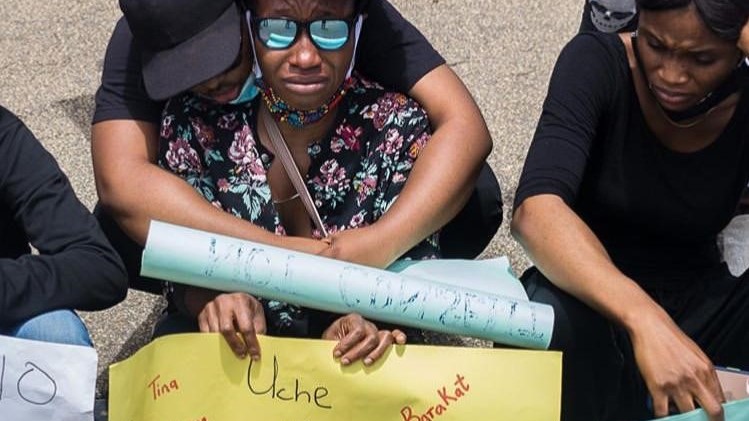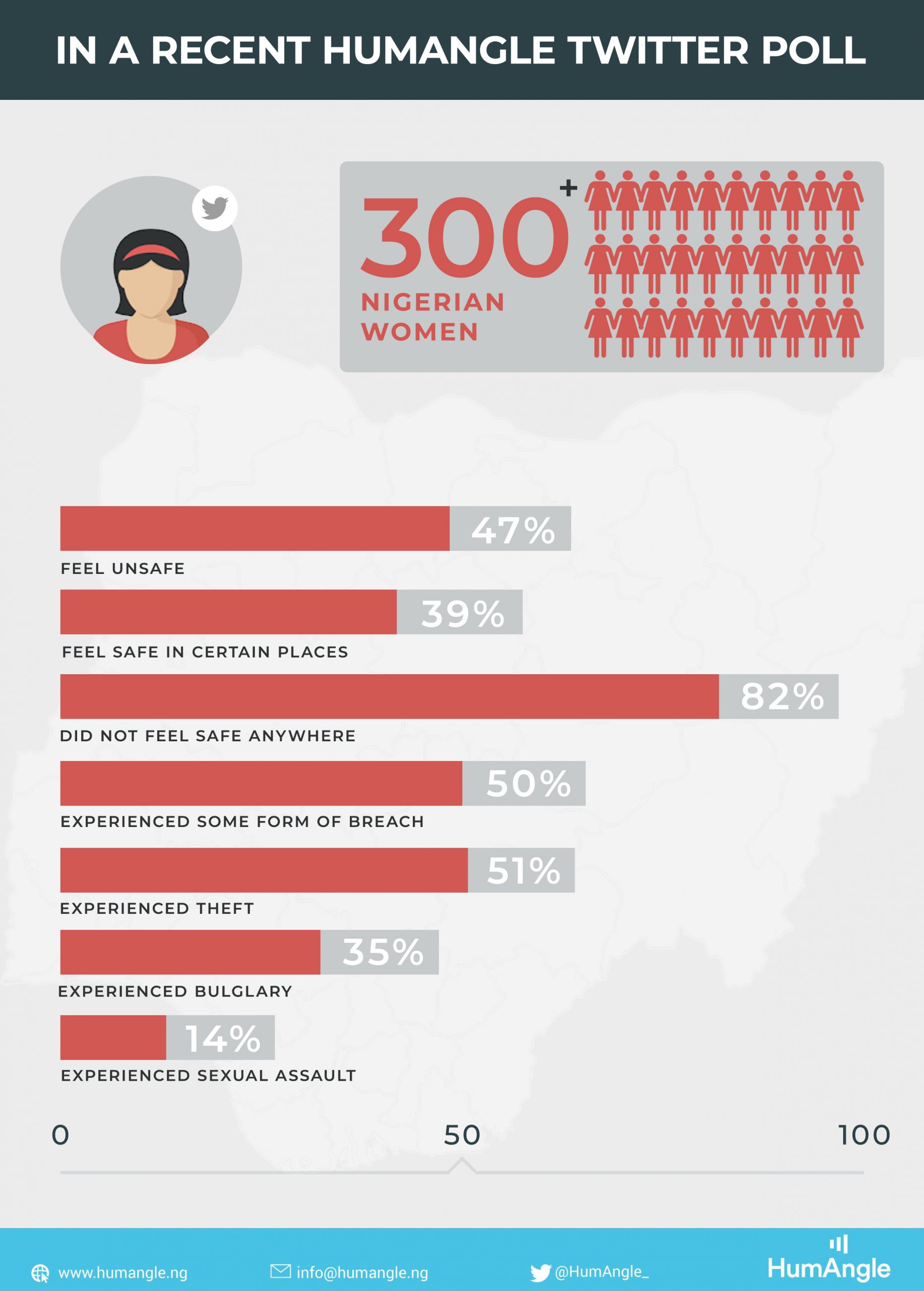African Gender Rights Activists Speak Out

Gender rights activists report that the crisis of COVID-19 has revealed the underlying gender inequities among many Africans.
Judicaelle Irazoke, Ethiopian feminist, former European Commission Young Leader and the Executive Director of Choose Yourself, released a Twitter statement connecting the pandemic to the lack of gender rights.
She said: “We knew this pandemic was going to amplify oppression, but we weren’t ready to see 172 Ethiopian girls pregnant because their fathers and other men within close family members violated them. Women and girls are suffering in this pandemic.”
In the twitter thread, other Africans from Kenya, Uganda, and Nigeria agreed with Irazoke’s statement on gender equality.
User @GaanaboMathwai said, “We have a serious pandemic of the suffering of women and children, on the hands of those who supposed to protect them.”
User @TeniWealth said, “How can it be this hard to be a girl—a woman—especially amongst those that are supposed to protect you? This is sickening.”
Most of the posts expressed concern over women and girls experiencing increased risk in places that they would hope offer them safety, such as their homes and families.
In a recent HumAngle Twitter poll, over 300 Nigerian women reported feeling unsafe, 47 per cent said they only felt safe in certain places, while 39 per cent said they did not feel safe anywhere.
Eighty-two per cent of women also reported that they did not feel safe when travelling.
More than half of the women in the survey said they had experienced some form of security breach, with 51 per cent experiencing theft, 35 per cent burglary, and 14 per cent sexual assault.
When asked what could be done to address gender inequality in Nigeria, 39 per cent stressed a need for more public awareness campaigns, with 38 per cent citing policy change as a way forward.
Somadina Adogu, one of the three Abuja based organisers and the current Social Media Manager of Women Against Rape, said that the organisation was pushing for stricter enforcement laws against sexual violence, adequate police training and educational awareness.
“We got a lot of media coverage and there have been quite an amount of people reaching out. They have been telling us thank you, and are happy.
“Some of the survivours are saying they’re too ashamed to come out, because in Nigeria the assault is usually the victim’s fault. It’s really unfortunate, and we’re trying to change that mentality,” Adogu said.
In early May, HumAngle led a Tweetchat with Olabukunola “Buky” Williams, a gender rights activist and Executive Director of Education as a Vaccine.
Williams spoke of the need for African countries to develop a framework to protect women and girls from the increased risk they faced through gender- based violence and lack of access, especially as it related to increasing cases of sexual abuse in the home.
“Countries like Kenya, South Africa and Ethiopia are responding. Courts in Ethiopia are including domestic violence cases among urgent cases.
“We must do the same…if the government does not have the information they need, they can carry a rapid gender assessment of the economic impacts of COVID-19 to ensure women and girls are not left out,” she said.
Support Our Journalism
There are millions of ordinary people affected by conflict in Africa whose stories are missing in the mainstream media. HumAngle is determined to tell those challenging and under-reported stories, hoping that the people impacted by these conflicts will find the safety and security they deserve.
To ensure that we continue to provide public service coverage, we have a small favour to ask you. We want you to be part of our journalistic endeavour by contributing a token to us.
Your donation will further promote a robust, free, and independent media.
Donate HereStay Closer To The Stories That Matter





